
Sri Lanka to slash military by a third amid economic crisis
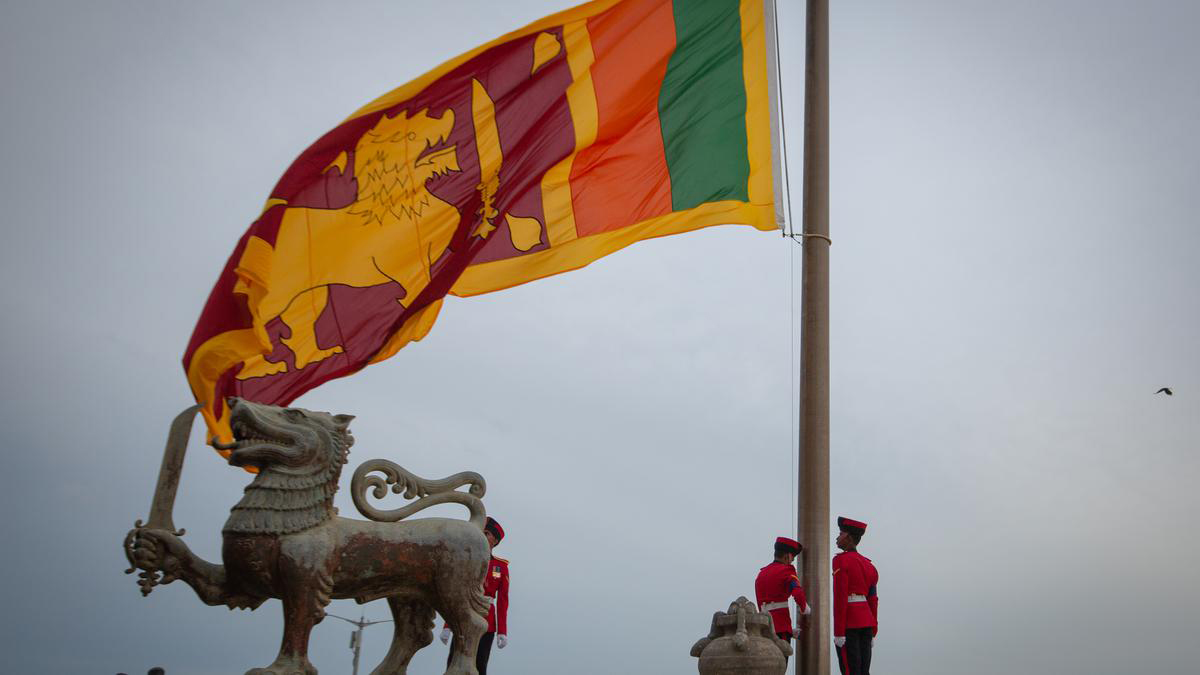
Sri Lanka will drastically slash its army by a third to 1,35,000 by next year and to 1,00,000 by 2030, as the country tries to cut costs in the face of its worst economic crisis in decades.Srilanka’s defence ministry said on Friday.
“Military spending is basically state-borne expenditure which indirectly stimulates and opens avenues for economic growth by way of assuring national and human security,” Premitha Bandara Thennakoon said in a statement.
The aim of the move is to create a “technically and tactically sound and well-balanced” defence force by 2030, Thennakoon said.
The island nation of 22 million people is reeling from months of food and fuel shortages and spiralling inflation. The government cut back on expenditures after the country slid into a deep economic crisis last year when its foreign exchange reserves dried up.
President Ranil Wickremesinghe has hiked taxes and imposed harsh spending cuts to smooth the approval of an expected International Monetary Fund bailout following a government debt default.
The size of Sri Lanka’s armed forces peaked between 2017 and 2019 with 317,000 personnel, according to World Bank data.
That was more than a decade after the end of the country’s civil war, a 25-year-long conflict with the Tamil Tigers separatist movement, which ended in 2009.
The share of the defence sector in Sri Lanka’s total expenditures peaked in 2021 at 2.3 percent of its gross domestic product but fell to 2 percent last year, according to the Colombo-based think tank Verite Research.
Defence accounted for nearly 10 percent of public spending last year, and according to analysts, pay for security force personnel makes up half the government’s salary bill.
Sri Lanka warned this week that it had barely enough revenue to pay public employees and pensions.
The economy shrank an estimated 8.7 percent last year as the public endured lengthy blackouts, long queues for petrol, empty supermarket shelves and runaway inflation.
The crisis peaked in July when protesters angered by the crisis stormed the official residence of then-president Gotabaya Rajapaksa, who briefly fled the country and tendered his resignation from abroad.
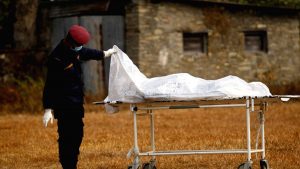

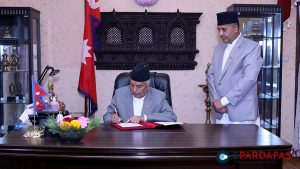
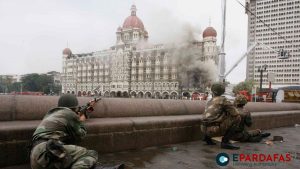
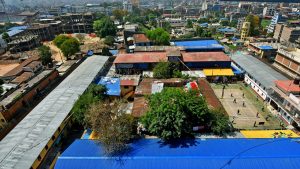







Comments